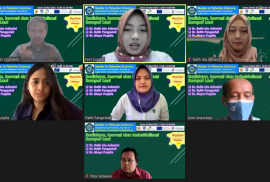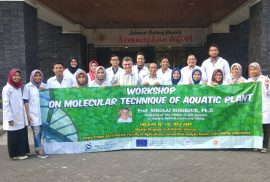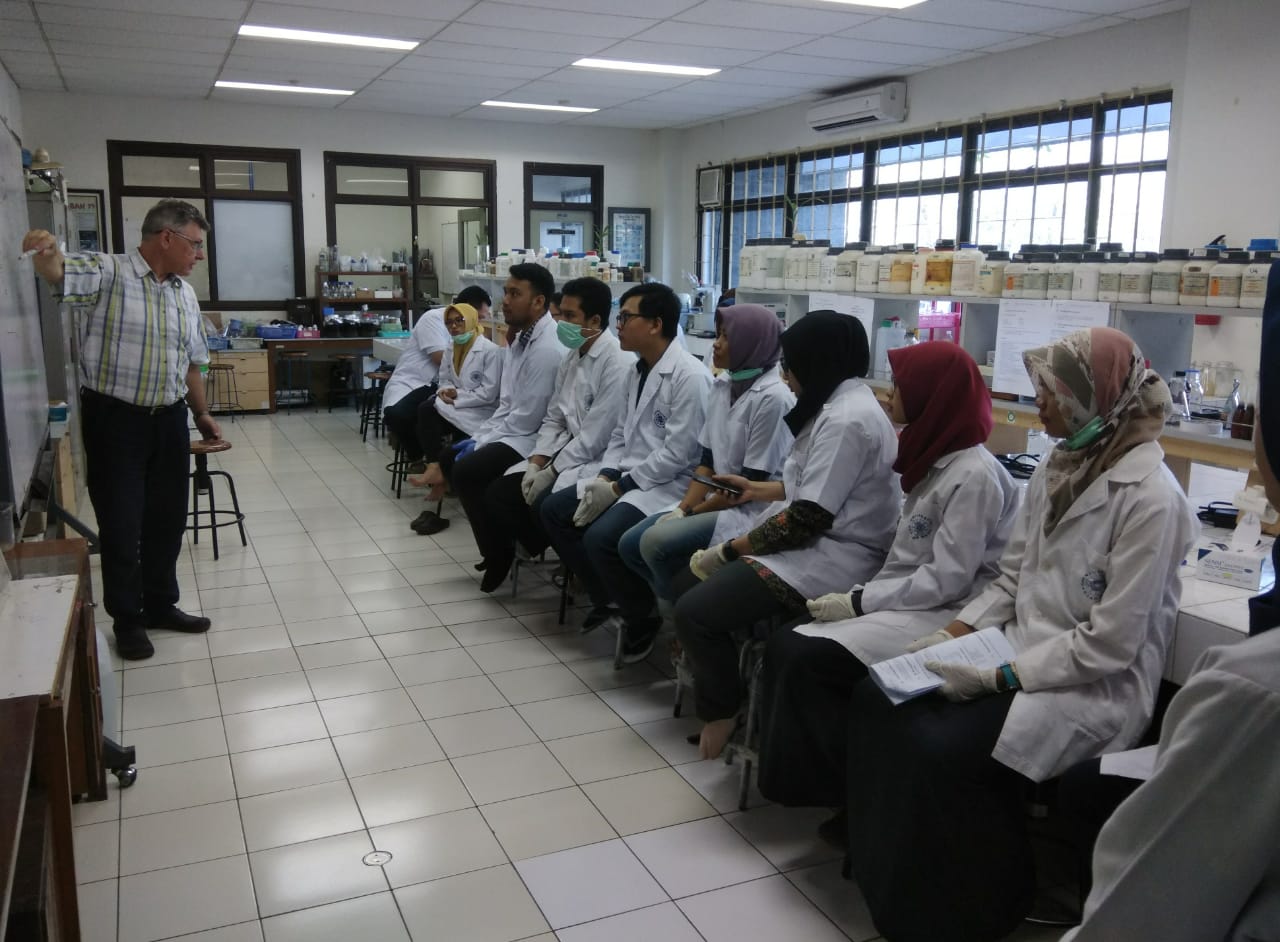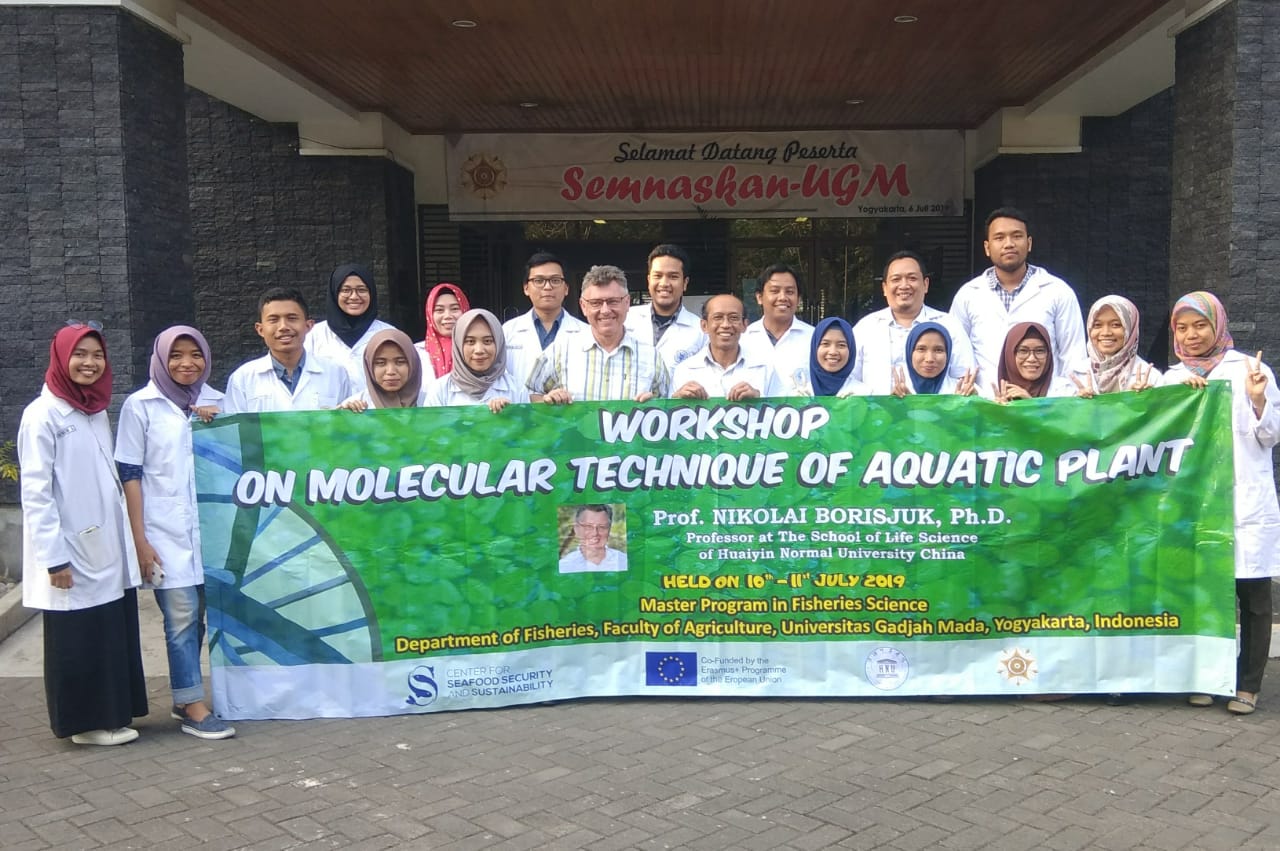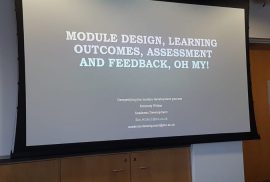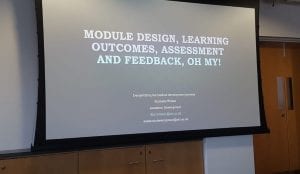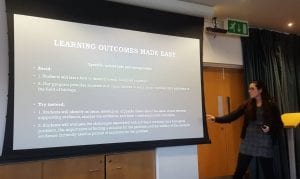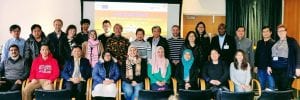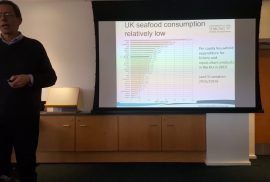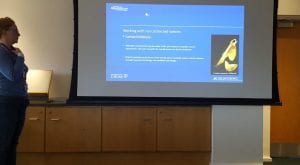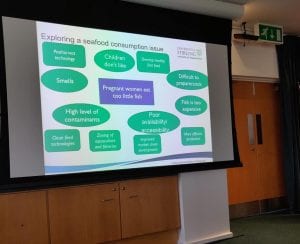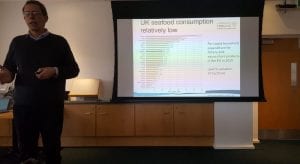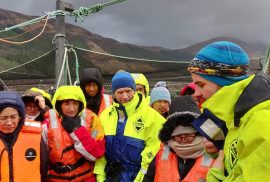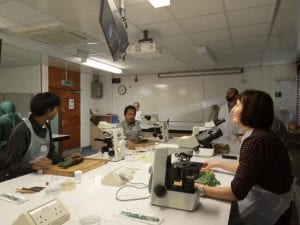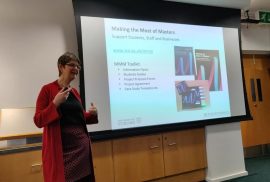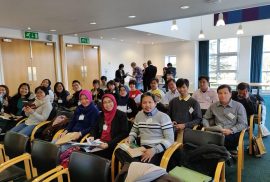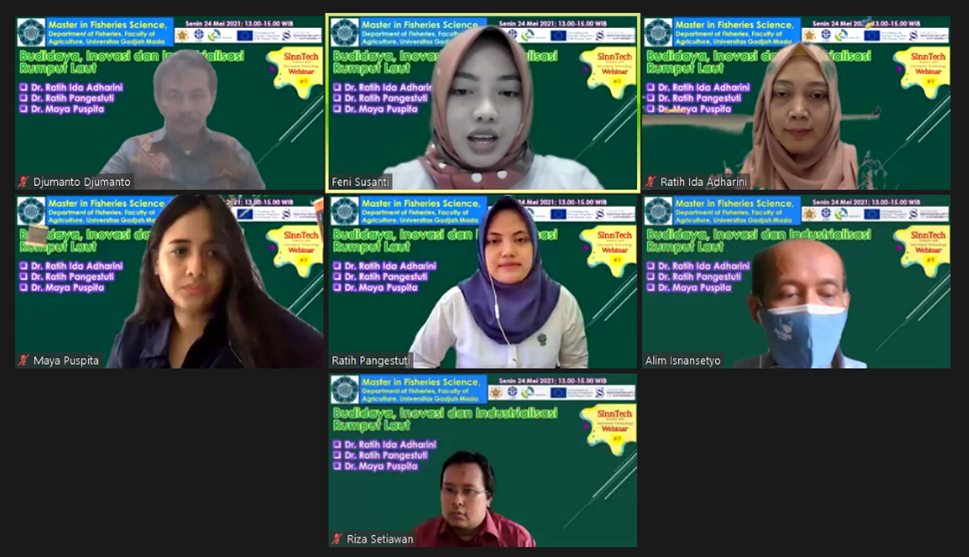
Departemen Perikanan UGM beserta Center for Seafood Security and Sustainability yang didukung oleh Erasmus+ Programme of the European Union telah melaksanakan webinar Sinntech #9 dengan tema Budidaya, Inovasi, dan Industrialisasi Rumput Laut. Webinar diselenggarakan pada hari Senin, 24 Mei 2021 yang dimoderatori oleh mahasiswa Magister Ilmu Perikanan, Feni Susanti, S.Pi. Acara dibuka dengan sambutan dan perkenalan program studi Manajemen Sumberdaya Akuatik, Dr. Ir. Djumanto, M.Sc., dilanjutkan sambutan sekaligus perkenalan Departemen Perikanan UGM dan program studi Magister Ilmu Perikanan oleh Dr. Alim Isnansetyo, M.Sc.
Acara Sinntech #9 menghadirkan tiga pembicara yakni Dr. Ratih Ida Adharini dari Departemen Perikanan UGM yang membahas mengenai Teknik Pembibitan Grateloupia (Rhodophyta); Dr. Ratih Pangestuti dari Departemen Riset dan Pengembangan Bio Industri Laut LIPI dengan topik pembahasan Bio Inovasi Rumput Laut Indonesia; serta Dr. Maya Puspita dari SELT Marine Group, yang memamparkan mengenai Industri Hulu dan Hilir Rumput Laut dalam Global Value Supply Chain.
Rumput laut di Indonesia memiliki potensi yang cukup besar untuk dimanfaatkan dan dikembangkan melalui bio-inovasi dalam berbagai sektor seperti pangan, farmasi, kosmetik, dll. Pengembangan potensi rumput laut diperlukan koordinasi dan kerjasama dari berbagai pihak, baik pemerintah, akademisi, industri, media, dan masyarakat, agar rumput laut dapat berkontribusi sebagai pembangkit ekonomi serta berperan dalam memenuhi kebutuhan nutrisi masyarakat Indonesia.

